Faced vs. Unfaced Insulation: What’s the Difference?
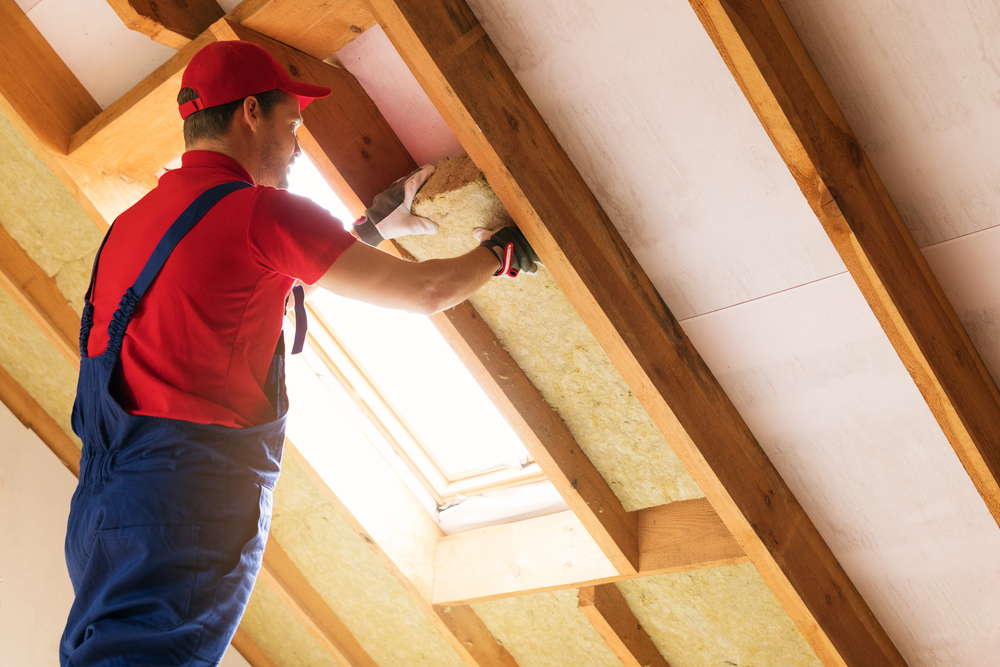
Knowing what type of insulation is right for your home can make a big difference in the long run. Several factors impact your ultimate choice, including the climate, the area of your home that needs insulation, and the age of your home. When it comes to faced vs. unfaced insulation, there are some significant differences that you should be aware of. Work with your insulation contractor to understand the differences and make an informed decision for your home.
6 Important Questions to Ask Your Insulation Installer
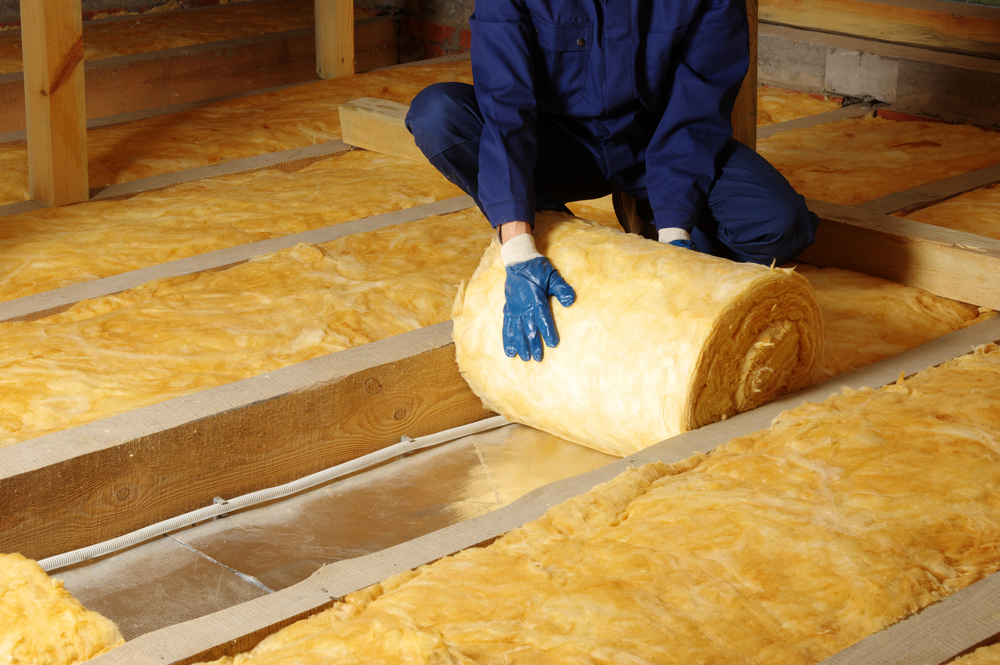
There are a few questions you can ask before hiring someone that can give a good indication about an installer’s work style and experience. Answers to these questions will also help you determine what is best for your home. Here are six questions to ask your insulation installer.
A List of Insulation Terms Homeowners Should Know
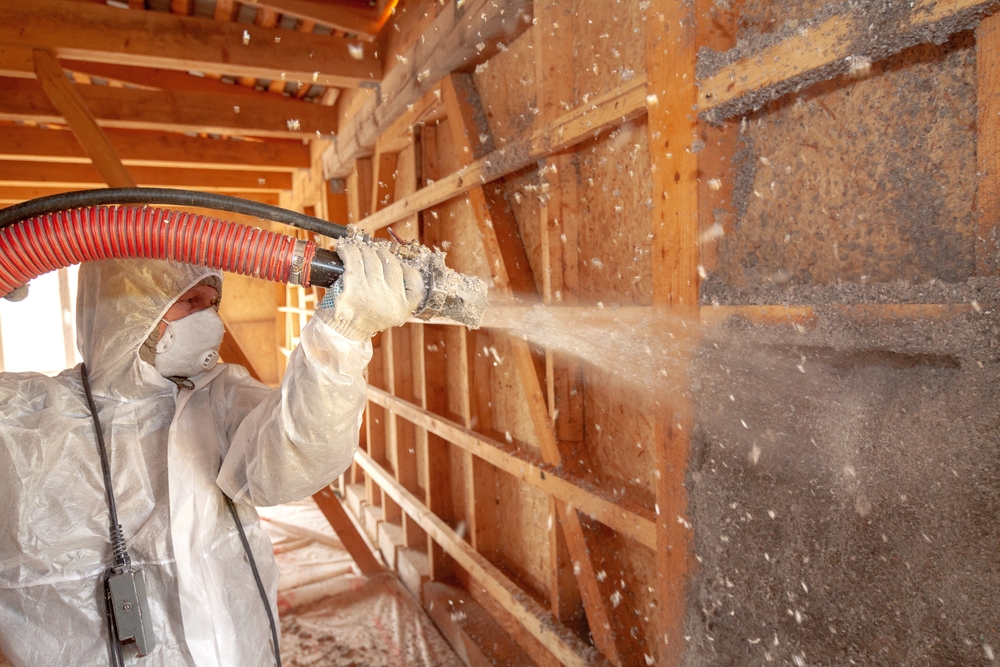
Insulation is key to keeping your home comfortable and energy efficient. But with all the different types of insulation and technical terms, it can be confusing to know which product is right for your home. To help you make the best decision for your needs, here’s a list of basic insulation terms that every homeowner should know.
Is It Possible to Over-Insulate an Attic?
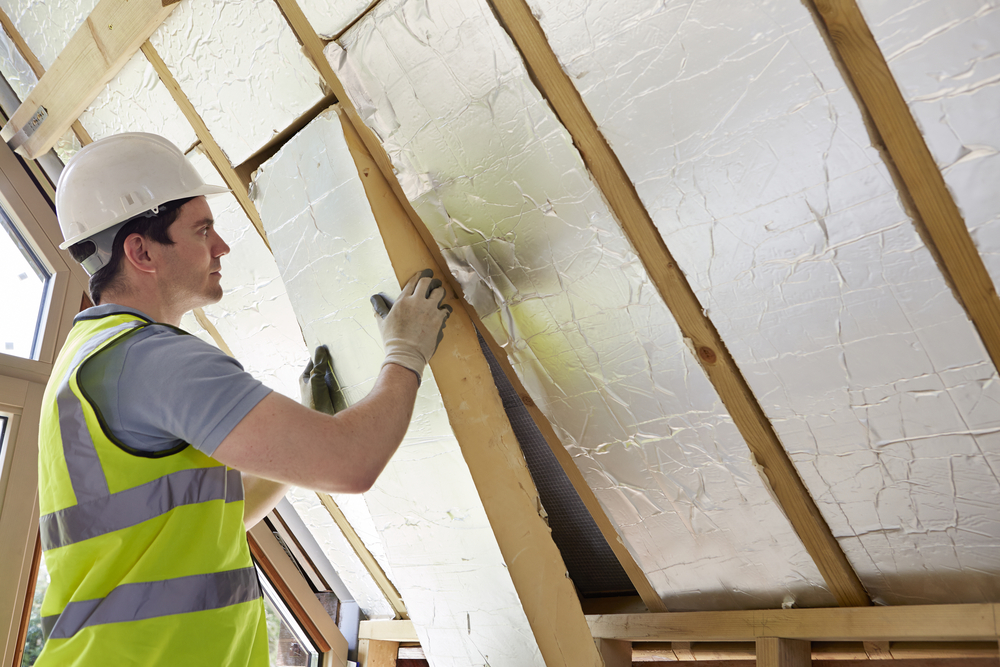
For a homeowner, adding too much insulation to your attic space can have unexpected consequences. In order to know how much insulation is too much, it’s important to know how to insulate different types of attics. This will help you avoid the disadvantages of over-insulating.
6 Ways Attic Insulation Affects Indoor Air Quality
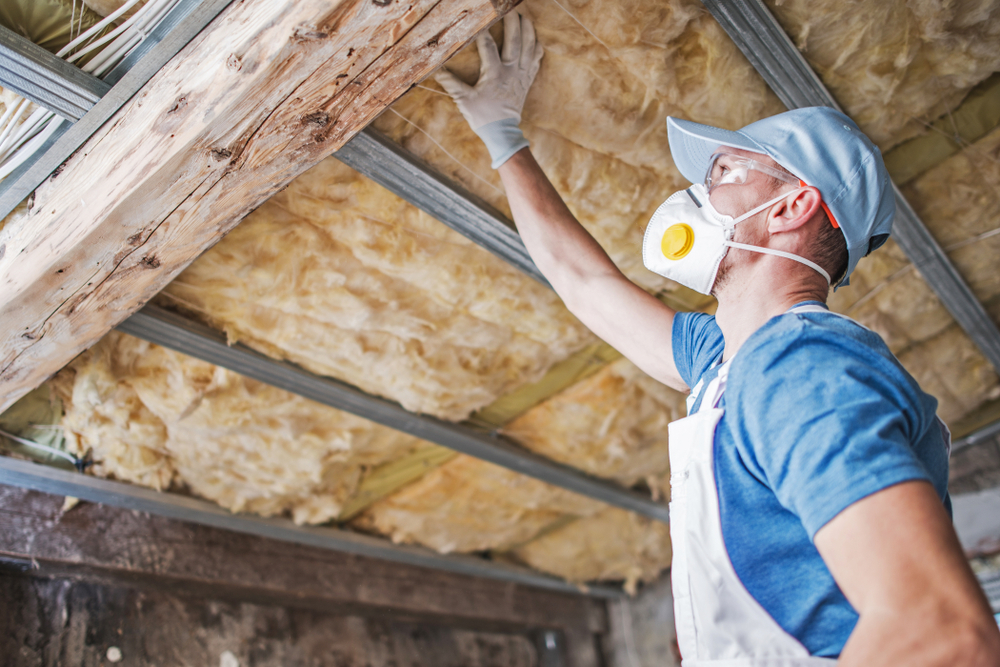
Attic insulation helps to ensure comfortable living conditions exist in your home. However, many homeowners do not realize that insulation can significantly impact indoor air quality. It is essential to be aware of the potential impacts of attic insulation on air quality so that you can take the necessary steps to mitigate any adverse effects.
Insulation 101: 6 Reasons to Avoid DIY Installation
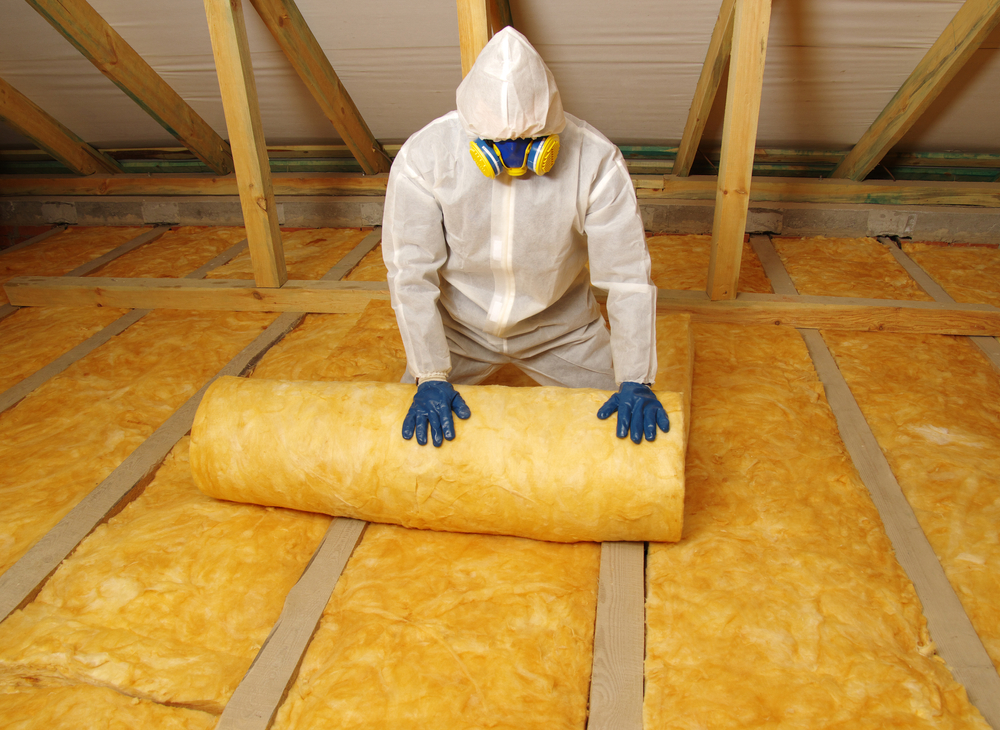
While it might seem like a great way to save money, there are a few reasons you shouldn’t try to install insulation yourself. Among other things, hiring a qualified professional installation contractor will save you considerable time and energy.
What Is the Best Insulation to Use in Sheds?
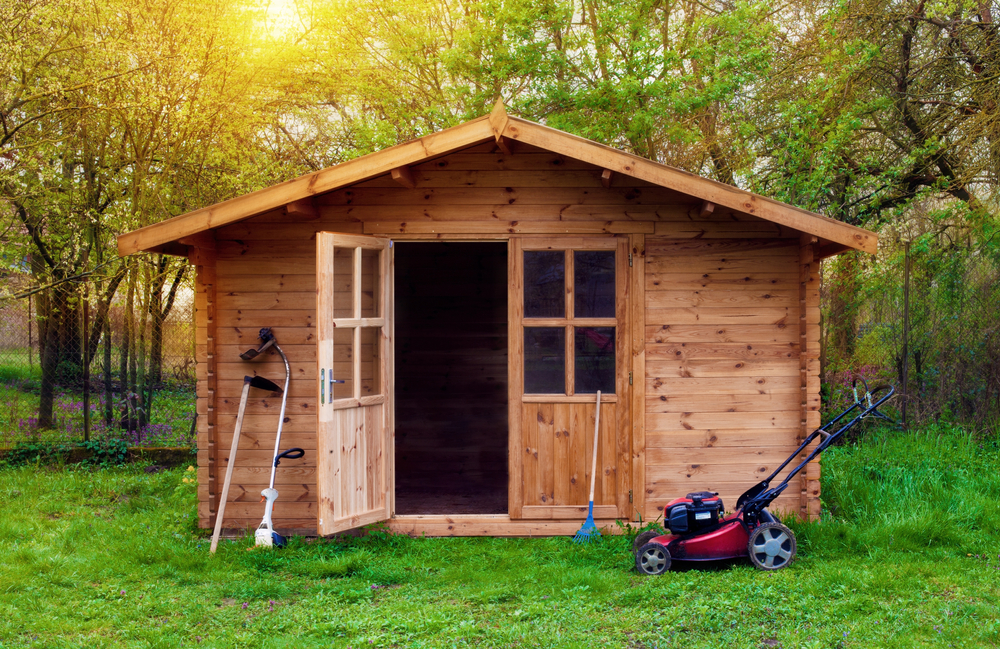
Insulation is an integral part of any structure. It keeps your living space warm or cool and protects it from harmful moisture and noise from the outside. Insulation is critical for homes, but you may also want insulation for your shed as well. Sheds usually have thinner walls than homes or commercial buildings, which means they will need different types of insulation. Here are the best types of insulation materials for sheds.
The Pros and Cons of Blown vs. Rolled Insulation
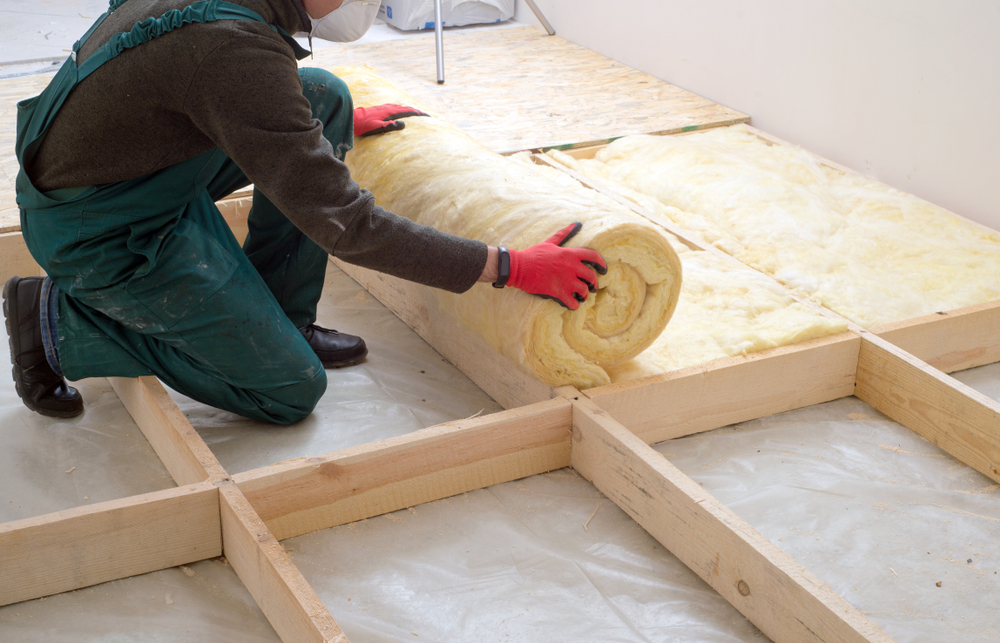
Insulation is one of the essential elements of your home or office. It helps to keep the temperature inside controlled and comfortable while saving energy costs. There are two main types of insulation: blown and rolled. Each has pros and cons that you should consider before making a decision.
How Long Does It Take to Install Insulation?
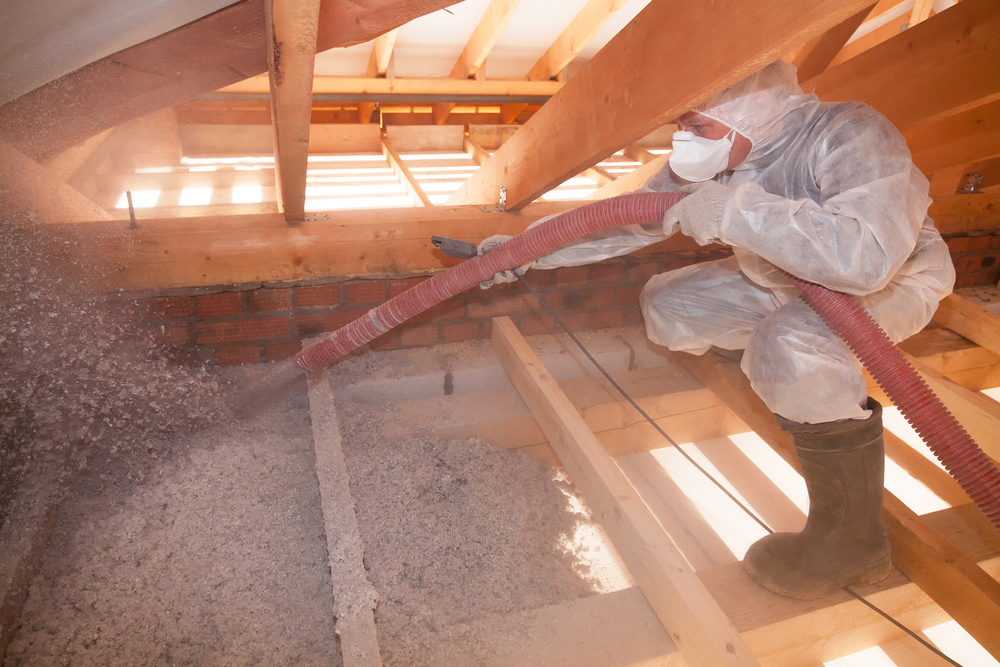
Installing insulation is a critical part of homeownership. High-quality insulation that is installed properly is an excellent long-term investment for your home. It keeps your home protected from the elements, allergens, and debris, and it makes it easier to control the temperature in your home. You may be wondering how long it takes to install insulation. Like most things in homeownership, it depends.
What’s the Best Time of Year to Have New Insulation Installed?
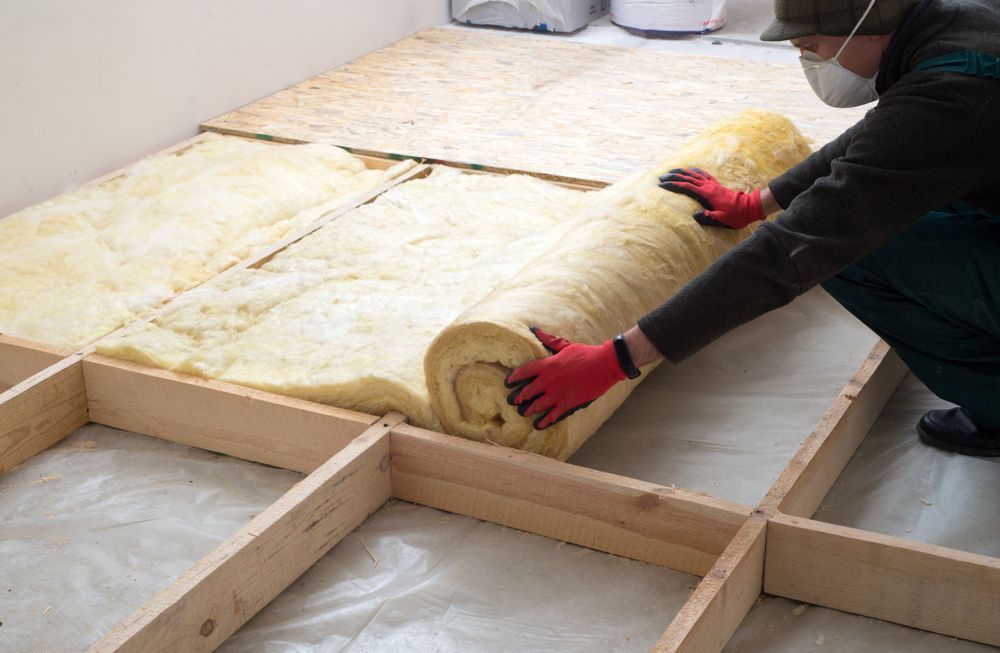
Insulation is critical in helping your home retain heat in the winter and air-conditioned air in the summer. If it was poorly installed or is deteriorating or damaged, it no longer protects your home from fluctuating weather and pest infestations. When this happens, you need to call your local insulation contractors for an update. Now, you must decide when to schedule your installation. If you delay too long, you may spend more on your utility bills. So when is your best time to install new insulation? If you have no insulation or it has significant damage, the answer is now. Otherwise, you may be able to wait until spring or fall.

